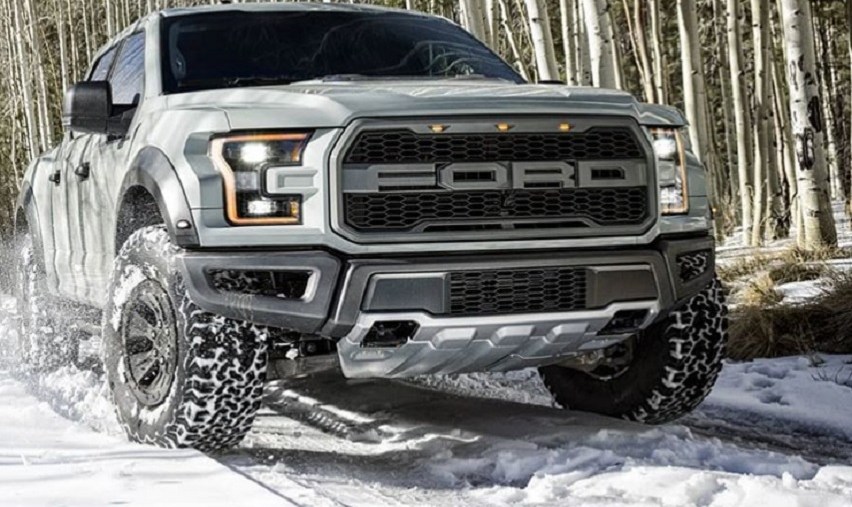
Are Snow Tires Really Worth It?
There is a vast community of Americans who’ve adapted to long, cold winters. Northerners know that, even in the warmth of summer, snow isn’t really that far away. Winter is in the back of their mind throughout the year. Whether it’s procuring and storing firewood for that wood-burning stove, keeping a supply of driveway salt in the garage or making sure your shovel is in working condition, winter preparations are a way of life.
Regardless of how long driving in the snow has been a part of their yearly routine, there are still many drivers that haven’t made the switch to winter tires for the snow season. They can run a little higher than all-season rubber, which is probably a contributing factor in drivers’ reluctance to upgrade. Any investment takes some careful consideration. Are snow tires really worth it?
What are studded tires?
First off, winter tires aren’t all the studded snow tires that are purchased by some of the more extreme winter drivers. Studded tires, or the studded rubber you may have seen on some vehicles during the cold season, offer better traction only in the perfect snowy conditions. If you’ve spent any amount of time driving in the snow you know that “perfect snowy conditions” are an oxymoron. Winter tires are the upgrade that makes all the difference.
Basically, if you plan to go off-roading in the snow, you might want to go for a studded tire. But if you are just looking to boost your traction and have a safer winter ride, a standard snow or winter tire is your best bet.
On hard ice, studs still slide. They can also be damaging to roads and driveways. Winter tires boast a specially formulated rubber that gives them traction which is actually better in the cold than at any other temperature.
Why winter tires?
If you live somewhere with winter road conditions that see a lot of ice and snow, winter tires are a worthy investment. They have a long list of benefits for cold weather driving. But what makes them so much better on winter roads than all-season tires?
Winter tires have a deeper and more intricate tread pattern. They have been engineered for snow conditions from frozen and hard-packed to slushy to freshly-powdered. Also, the tread channels are wider than all-season tread. This allows for packed in snow to fall away more easily. That way, the tires maintain the enhanced traction level they are designed for.
Winter tires are made from a particular rubber mixture with added silica so that they don’t harden in extreme low temperatures. A good winter tire will remain soft and hold traction even in the harshest of winter conditions. And, while a set of four can cost over $500, winter tires can typically last for more than one winter before needing to replace them.
Snow tires are safer
If your vehicle is going to spend any amount of time on snow- or ice-covered roadways, the upgrade may be worth it just for the added safety. Snow tires lend a way better handle on winter roads, so they reduce the risk of accidents related to winter conditions.
The logic here is simple. The lower the risk of an accident, the lower the chance of an injury to a driver or passenger. Additionally, there is less chance of an increased insurance premium cost due to an accident claim.

Are winter tires worth it?
Winter conditions can be extremely hazardous. For most, a few hundred dollars extra a year is a no-brainer for the added safety and peace of mind. The investment is probably worth it for anyone who drives a few months out of the year on cold winter roads.
All-season tires can handle most of what mother nature has to offer, however. So, if you don’t think you’ll be in the ice and snow enough to justify the expense, you can most likely do without. The determining factor in whether or not snow and winter tires are worth it is how much you’ll actually be driving on the ice and snow.



